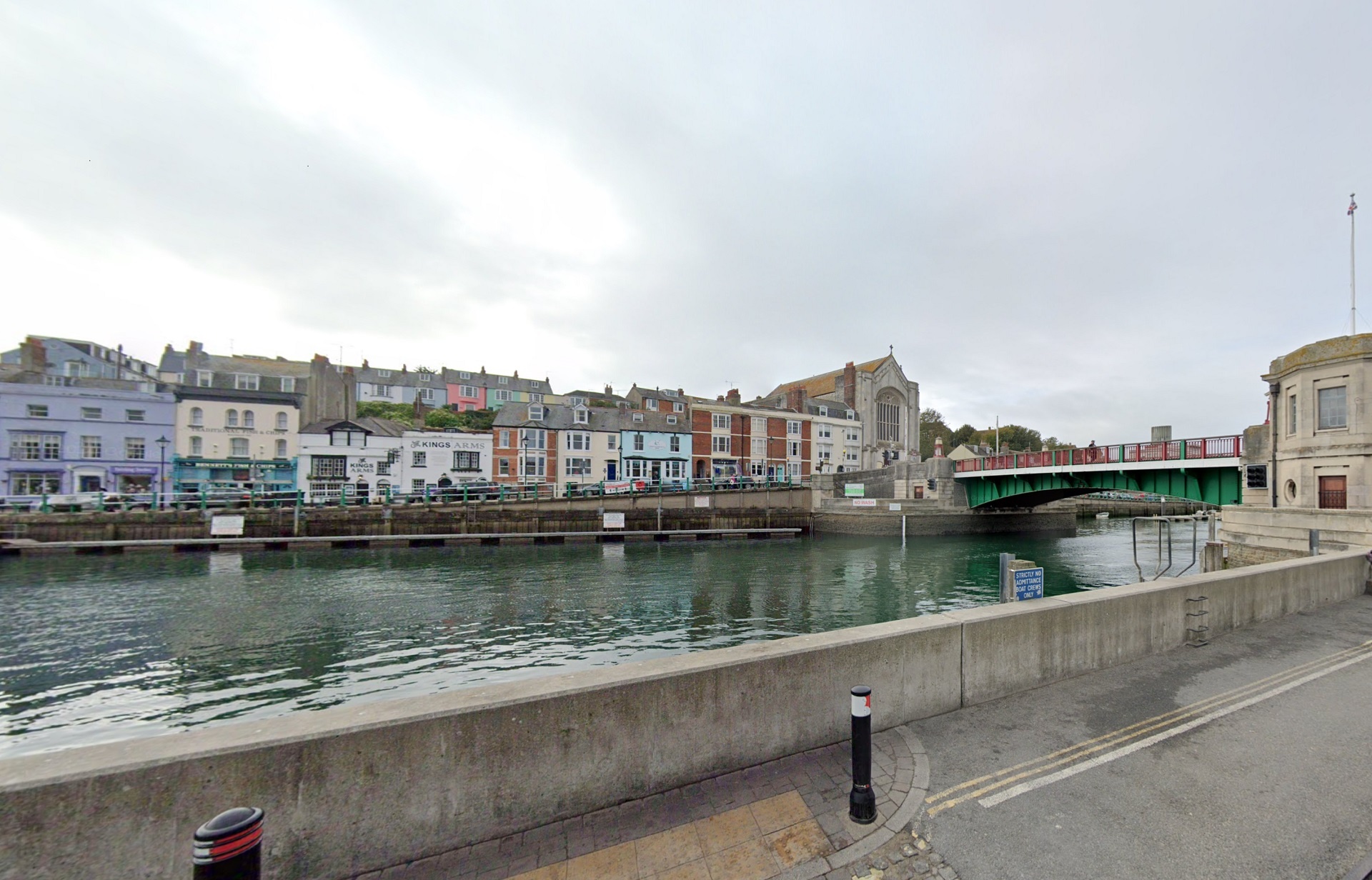With spring on the way, Dorset Council’s annual road investment programme is hotting up!
Proactive road maintenance activity intensifies in the spring due to many road treatments needing dry and/or warm weather. In Dorset, this work then moves away from busy tourist areas before the start of the summer season.
This financial year, the Department for Transport funding dedicated to carriageway maintenance in the council area will be £11.6m.
On top of this, Dorset Council Cabinet awarded £6.7m of additional investment into highway maintenance – with around £4.6m being invested in proactive, planned road repairs.
Cllr Ray Bryan, Portfolio Holder for Highways, Travel and Environment, said: “With a shortfall in funding from the DfT, and recognising the significant part our carriageway network plays in supporting Dorset Council priorities, we’ve committed an additional £6.7m of funding per year, for five years, to support our highway maintenance activities.
“It has been proven that early, preventative maintenance is the most cost-effective way to maintain roads. This investment will help us keep our network in a good condition and reduce the number of reactive repairs needing to be carried out.”
This year in the Dorset Council area, around 1.4million-square-metres of road will be repaired, including approximately 434,000m² of resurfacing, 446,000m² of surface dressing, 200,000m² of micro-surfacing, 75,000m² of in-situ recycling, 100,000m² of preservation and 60,000m² of patching.
Cllr Bryan added: “Our maintenance approach – to carry out repairs specific to the damage evidenced in the individual road – ensures we can carry out maintenance on more roads, reduce emissions by using less raw material and create less waste compared to solely using resurfacing.”
Repairs are identified through routine safety inspections, where images are collected on a mobile device mounted in the windscreen. These images are downloaded and run through artificial intelligence systems that convert them into defect data and provide an overall condition assessment of the road. Asset management systems then identify schemes for the different treatment options available. This information is used by highways engineers, along with the designation and rural nature of the road, to consider the treatment options and prioritise roads for repair.
During the production of the individual maintenance programmes, engineers will revisit the site to design the specific repair for the site. Programmes of work are then put together to maximise efficiency and secure the best rates.
Resurfacing works continue throughout most of the year. This rebuilds the various layers of a road to restore strength and shape, with drainage maintenance also carried out as part of these resurfacing schemes.
A programme of in-situ recycling is underway on minor roads across the county. This is a near end-of-life treatment for roads that have extensive visible defects, with uneven surfaces, sunken areas, potholes and cracking, and are at risk of structural failure. It’s particularly good for reconstructing minor roads that have poor construction but often take heavy, agricultural vehicles.
Road preservation works are also underway on busy routes. This is an early life preventative treatment which stops water ingress and surface deterioration on roads that are still in a good condition.
Surface dressing will get underway towards the end of this month. The treatment seals the road from water damage and restores skid resistance.
A programme of micro-surfacing will start later this spring. This method fills in shallow cracks and holes and regulates out small dips and bumps in the surface, to provide a regular surface. This surface treatment will be used minor roads that form part of the National Cycleway Network (NCN) to help encourage residents to choose active travel.
You can find updates on the programmes of work on the Dorset Council newsroom in the ‘Transport’ section and on the council social media channels by searching for #HighwayFixers.
















